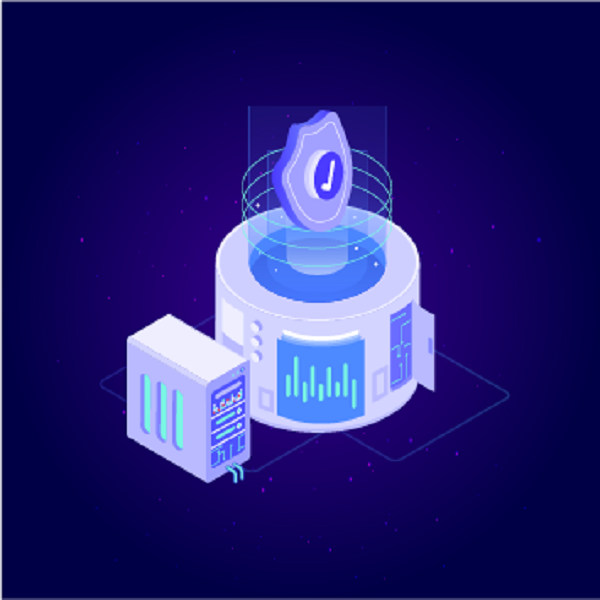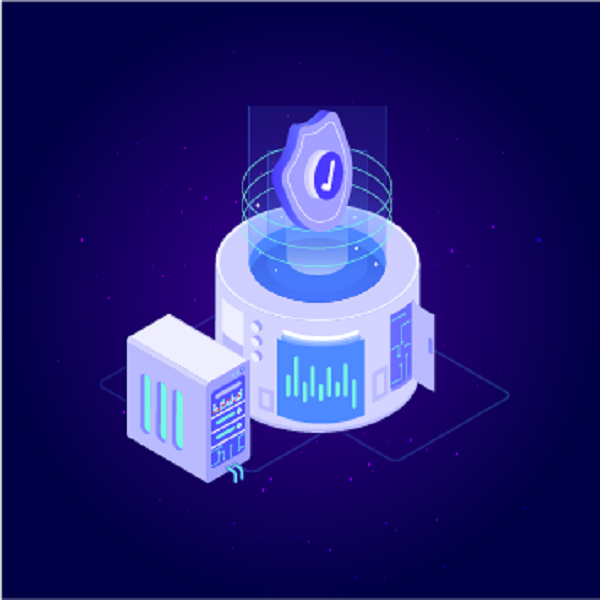Residential Proxies
Allowlisted 200M+ IPs from real ISP. Managed/obtained proxies via dashboard.

Proxies
Residential Proxies
Allowlisted 200M+ IPs from real ISP. Managed/obtained proxies via dashboard.
Residential (Socks5) Proxies
Over 200 million real IPs in 190+ locations,
Unlimited Residential Proxies
Use stable, fast, and furious 700K+ datacenter IPs worldwide.
Static Residential proxies
Long-lasting dedicated proxy, non-rotating residential proxy
Dedicated Datacenter Proxies
Use stable, fast, and furious 700K+ datacenter IPs worldwide.

Web Unblocker
View content as a real user with the help of ABC proxy's dynamic fingerprinting technology.
Proxies
API
Proxy list is generated through an API link and applied to compatible programs after whitelist IP authorization
User+Pass Auth
Create credential freely and use rotating proxies on any device or software without allowlisting IP
Proxy Manager
Manage all proxies using APM interface

Proxies
Residential Proxies
Allowlisted 200M+ IPs from real ISP. Managed/obtained proxies via dashboard.
Starts from
$0.77/ GB
Residential (Socks5) Proxies
Over 200 million real IPs in 190+ locations,
Starts from
$0.045/ IP
Unlimited Residential Proxies
Use stable, fast, and furious 700K+ datacenter IPs worldwide.
Starts from
$79/ Day
Rotating ISP Proxies
ABCProxy's Rotating ISP Proxies guarantee long session time.
Starts from
$0.77/ GB
Static Residential proxies
Long-lasting dedicated proxy, non-rotating residential proxy
Starts from
$5/MONTH
Dedicated Datacenter Proxies
Use stable, fast, and furious 700K+ datacenter IPs worldwide.
Starts from
$4.5/MONTH
Knowledge Base
English
繁體中文
Русский
Indonesia
Português
Español
بالعربية


Web scraping is the process of extracting structured data from web pages through automated tools. Ruby has become an efficient language for achieving this goal with its flexible syntax and rich library ecosystem. As a professional brand in the field of proxy IP services, abcproxy's technical solutions are highly adaptable to Ruby web scraping scenarios.
1. Technical advantages of Ruby for web crawling
Dynamic language features: Ruby's metaprogramming capabilities allow developers to quickly build flexible crawler logic, such as adapting to the parsing requirements of different web page structures through dynamic method calls.
Rich open source library support: Nokogiri, as a mainstream HTML/XML parsing library, provides XPath and CSS selector functions; HTTParty and Mechanize simplify the complexity of HTTP requests and form interactions.
Asynchronous processing capabilities: Combined with EventMachine or concurrent thread models, Ruby can efficiently handle large-scale data capture tasks and reduce the impact of I/O blocking on efficiency.
2. Core steps to implement Ruby web scraping
Target analysis: Identify the website structure, data fields, and anti-crawling mechanisms (such as frequency limiting or dynamic loading) that need to be crawled.
Request simulation: Use Net::HTTP or a third-party library to send GET/POST requests and simulate browser behavior through Headers settings (such as User-proxy).
Content parsing: Use Nokogiri to extract text, attributes, or nested data of target elements and combine it with regular expressions to process unstructured content.
Data storage: Persist the cleaned data in a database (such as MySQL), local file (CSV/JSON), or cloud storage service.
3. Common technical challenges and solutions
Dynamic content loading: For pages rendered by Ajax or JavaScript, you can integrate Selenium-WebDriver or Headless Chrome to achieve browser-level crawling.
Anti-crawler mechanism: dynamically switch User-proxy, set a reasonable request interval, or disperse the request source through a proxy IP pool (such as abcproxy's residential proxy service) to reduce the risk of being blocked.
Data validation and cleaning: Establish an exception handling mechanism to ensure output quality through data verification rules (such as format matching or null value detection).
4. The key role of proxy IP in Ruby crawling
In scenarios with frequent requests or large-scale data collection, a single IP address can easily trigger the risk control strategy of the target website. By integrating the proxy IP service, developers can achieve:
IP rotation: Automatically switch IP addresses in different geographical locations to circumvent access frequency restrictions.
Enhanced anonymity: Hide the real server IP to prevent being blacklisted.
Distributed crawling: Combined with a multi-threaded architecture, it improves task throughput through multi-IP parallelism.
For example, abcproxy's static ISP proxy provides highly stable IP resources, which is suitable for crawling tasks that need to maintain session status for a long time; while unlimited residential proxy is suitable for scenarios that require massive IP rotation.
Conclusion
Ruby's syntax simplicity and library ecosystem maturity give it a significant advantage in the field of web crawling. Whether it is a small data collection or an enterprise-level crawler system, a reasonable choice of tool chain and integration of proxy IP services can greatly improve the success rate and efficiency of the task.
As a professional proxy IP service provider, abcproxy provides a variety of high-quality proxy IP products, including residential proxy, data center proxy, static ISP proxy, Socks5 proxy, unlimited residential proxy, suitable for a variety of application scenarios. If you are looking for a reliable proxy IP service, welcome to visit the abcproxy official website for more details.
Featured Posts
Popular Products
Residential Proxies
Allowlisted 200M+ IPs from real ISP. Managed/obtained proxies via dashboard.
Residential (Socks5) Proxies
Over 200 million real IPs in 190+ locations,
Unlimited Residential Proxies
Use stable, fast, and furious 700K+ datacenter IPs worldwide.
Rotating ISP Proxies
ABCProxy's Rotating ISP Proxies guarantee long session time.
Residential (Socks5) Proxies
Long-lasting dedicated proxy, non-rotating residential proxy
Dedicated Datacenter Proxies
Use stable, fast, and furious 700K+ datacenter IPs worldwide.
Web Unblocker
View content as a real user with the help of ABC proxy's dynamic fingerprinting technology.
Related articles

How does the ChatGPT RAG example improve information processing capabilities
Analyze the actual application scenarios of ChatGPT combined with Retrieval Augmented Generation (RAG) technology, explore its value in knowledge integration and data acquisition, and understand how abcproxy provides underlying support for the RAG system.

How does Best Socks5 Proxy ensure anonymous network needs
This article explores the core value of Socks5 proxy in anonymous networks and analyzes how abcproxy high anonymous proxy meets diverse security needs.

How to remove website access restrictions
This article analyzes the technical principles and mainstream solutions of website access restrictions, and explores the core role of proxy IP in bypassing regional blocking and anti-crawling mechanisms. abcproxy provides multiple types of proxy IP services to help you break through network restrictions efficiently.